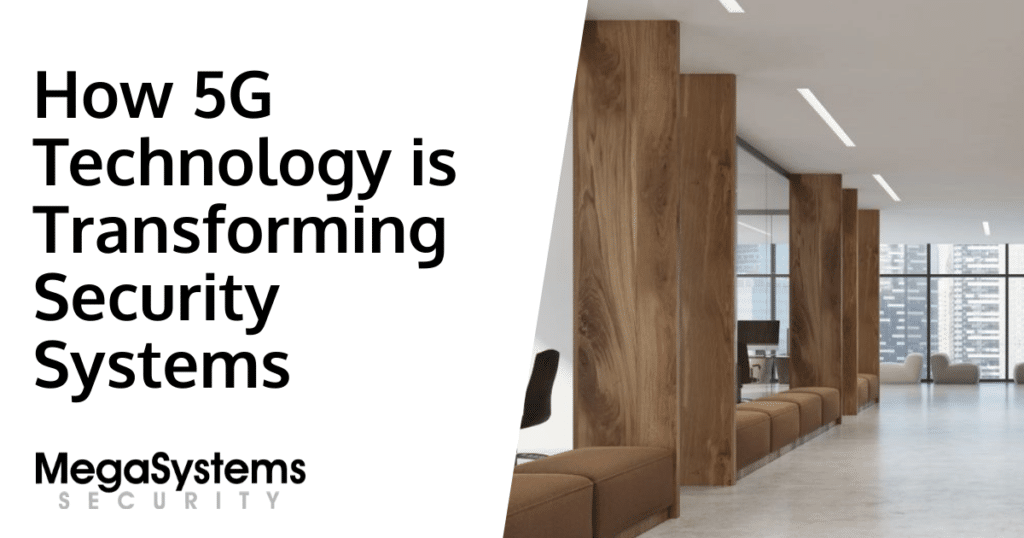5G technology is revolutionizing various sectors of our global society, and its impact can be profoundly felt in the security systems. With its high-speed connection, minimal latency, and ability to connect multiple devices, 5G offers new opportunities to improve our security systems, making them smarter, faster, and more reliable than ever before. This article will highlight the key ways 5G technology is transforming security systems.
1. Real-time Data Transmission
One of the main advantages of 5G technology in security systems is the capability to transmit data in real-time. Wide-scale surveillance systems require high-speed connections to process video feeds instantly. With 5G, security systems can now provide real-time video monitoring and instant alarms, ensuring a timely response during emergencies.
2. Improved Object Recognition
5G technology also enhances object and facial recognition capabilities which are integral for advanced security systems. With ultra-fast speeds, 5G enables security systems to process images and recognize patterns more efficiently, increasing accuracy and reducing false alarms.
3. Enabling Internet of Things (IoT) Devices
The rise of Internet of Things (IoT) devices is significantly tied to the proliferation of 5G technology. These IoT devices, ranging from smart cameras to biometric systems, require a stable and fast network to function optimally. 5G, with its ability to connect multiple devices, provides a robust platform for these IoT devices, paving the way for smarter security systems.
FAQs
How does 5G enhance the performance of security systems?
5G technology offers higher data speeds, lower latency, and the ability to connect numerous devices simultaneously. These features enable security systems to transmit high-quality video in real-time, perform advanced object recognition tasks, and accommodate a variety of IoT devices.
What role does 5G play in IoT security systems?
5G is transforming IoT security systems by providing a faster, secure, and more robust network. This allows for real-time data processing and sophisticated object recognition, making IoT devices more effective in safeguarding properties and personal data.
What challenges lie ahead in the implementation of 5G in security systems?
The integration of 5G in security systems comes with potential challenges, including high initial costs, the need for new infrastructure, and potential security risks associated with increased connectivity. However, with further advancements in technology, these issues are likely to be addressed and overcome.
Conclusion
In essence, 5G is set to take security systems to a whole new level. From enabling real-time data transmission and improved object recognition to facilitating the use of IoT devices, 5G is proving to be a significant game-changer in the world of security systems. However, like any new technology, its successful implementation will require careful considerations and thorough planning.


